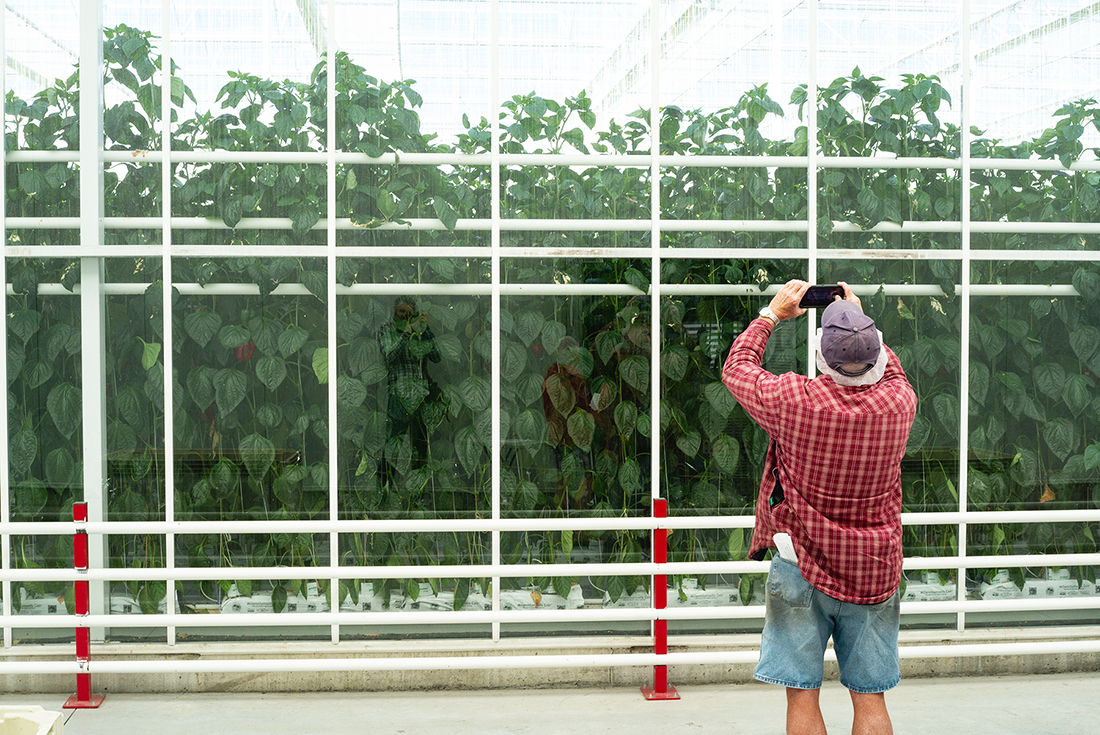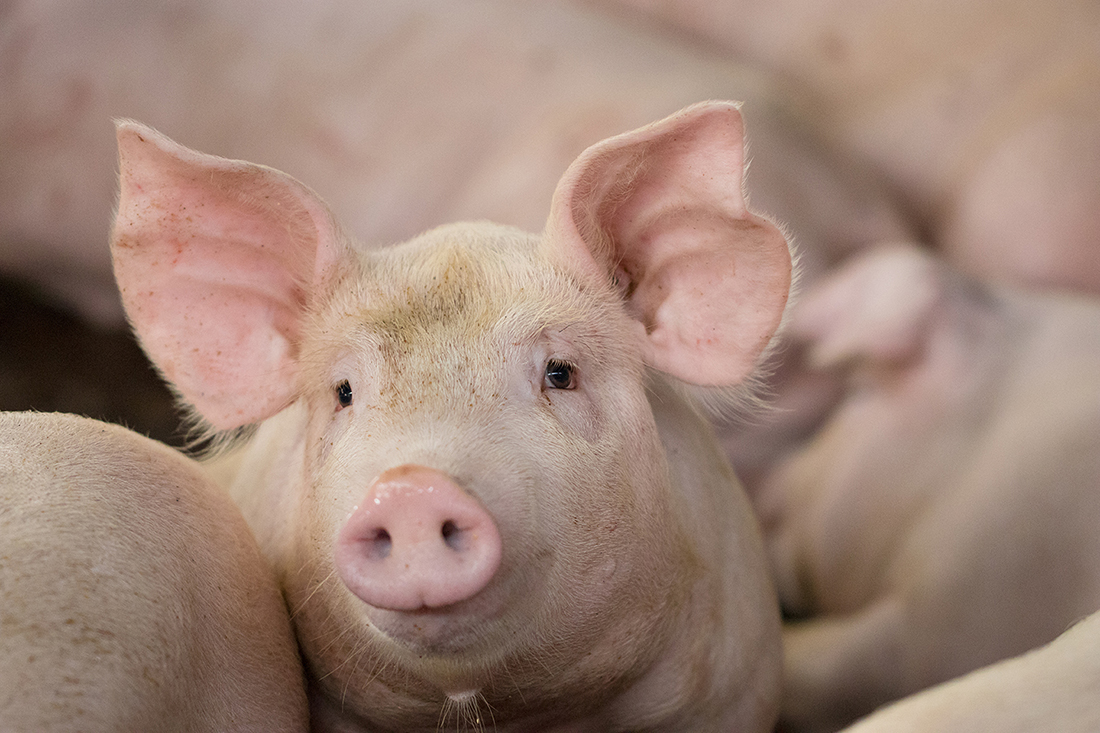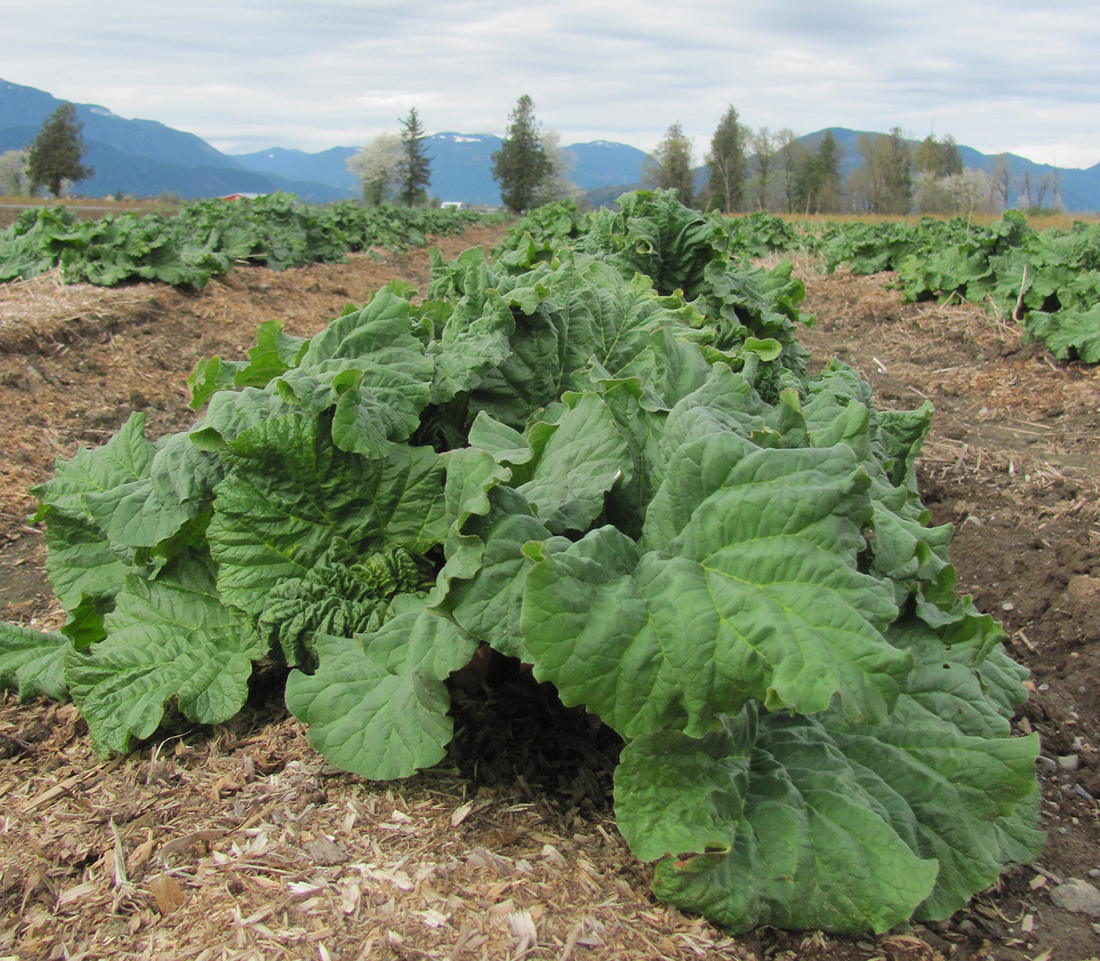SURREY – When an Enbridge pipeline that serves as a key source of natural gas to the Lower Mainland exploded near Prince George on October 9, greenhouse growers faced their worst energy crisis in more than a decade.
Natural gas prices were expected to hit $95 per gigajoule last fall, several times the peak of $13.50 per GJ seen in 2001. Many growers began rethinking how much crop they would be willing to grow in 2019 if the pipeline wasn’t fixed. Some considered scaling back acreage, cutting production to pare input costs.
“We came through okay this winter only because of the incredibly mild winter we had up until February,” Armand Vander Meulen of Vander Meulen Greenhouses in Abbotsford and president of the BC Greenhouse Growers Association told association members at their annual general meeting in Surrey on April 17.
But the situation could change at any time. Another pipeline explosion, or a reduction in capacity if another user claims volume, leaves the industry vulnerable to higher prices and disruption.
“What happened this past October made us realize our vulnerability to natural gas,” Vander Meulen said. “Our entire industry is held hostage by one single pipe that comes down from the North.”
Speaking last fall, Ken Fuhr, sales purchasing consultant at Independent Energy (BC) Consultants, said current flows barely service the Lower Mainland’s growing population, let alone industry demand. This could lead to increased supply interruptions in future, and higher energy costs.
This makes new capacity a critical issue for greenhouses. While greenhouses are a highly efficient means of producing food, a lack of energy has capped further expansion in Delta. Public resistance to new pipelines means additional energy supplies aren’t likely in the near future, either.
“We have to continue to remind the public of the need for oil and gas to produce our vegetables, and also then to translate that into convincing the government of the day to proceed with pipeline expansion,” Vander Meulen said in his president’s report. “I think it’s the only thing that we have as an option.”
Rebound
A significant piece of good news for the sector is that acreage is rebounding after a sharp decline last year as 96 acres of vegetable greenhouses – primarily sweet bell peppers – shifted to cannabis production.
The shift hurt revenues at both the BC Vegetable Marketing Commission and the greenhouse association, but things are looking up this year as new greenhouse vegetable acreage comes on stream.
Total acreage is set to increase to 766 acres, up from 748 acres last year, while levies are projected to be $434,232. While this is still short of the $465,504 received in 2017, it’s an improvement from $423,814 last year.
“The loss in revenue from our reduced area is definitely challenging for the organization,” remarked BC Greenhouse Growers Association treasurer Ray Van Marrewyk.
Projections by the BC Vegetable Marketing Commission indicate further improvement in 2020.
A week earlier, commission general manager Andre Solymosi said the addition of new greenhouse acreage this year should restore levies to levels seen in 2017.
Meanwhile, outreach continues to ensure the public understanding of what happens in greenhouses and the challenges growers face.
Guest speaker Pat Tonn, executive director of the BC Agriculture in the Classroom Foundation, discussed the fruits of the foundation’s work with a special thank you to the cooperation of greenhouse growers as both suppliers and partners of the program.
A partnership with the foundation saw school tours initiated last year as part of the BC Greenhouse Veggie Days promotion, which runs through the week ending May 4. This year, a total of 1,200 students will participate, up from 850 last year. Demand was great enough that an extra venue was required to accommodate everyone.
“We need to reach the public through their children,” Vander Meulen said.
“Hopefully, together we’re making a difference for agriculture,” Tonn told growers.


 Shrinking hog industry faces disease threats
Shrinking hog industry faces disease threats